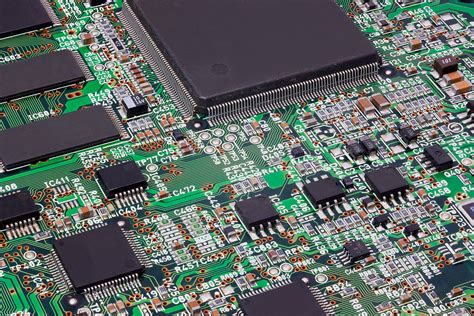
ALL ABOUT FLEX PCB
-
High Current PCB Design and Its Applications
Posted by
–
 Read more: High Current PCB Design and Its Applications
Read more: High Current PCB Design and Its ApplicationsUnderstanding High Current in PCBs Before diving into the design aspects, it’s important to understand what constitutes “high current” in the context of PCBs. The definition of high current can vary depending on the specific application and the PCB’s size. However, as a general guideline, a PCB is considered to […]
-
8 rules for designing PCB stack up
Posted by
–
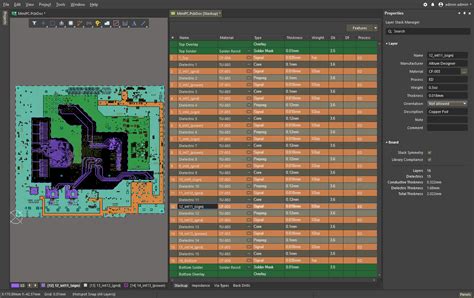 Read more: 8 rules for designing PCB stack up
Read more: 8 rules for designing PCB stack upIntroduction to PCB Stack-Up Printed Circuit Board (PCB) stack-up refers to the arrangement of layers in a PCB design. It is a crucial aspect of PCB design that determines the electrical performance, signal integrity, and manufacturability of the board. A well-designed PCB stack-up ensures that the signals are transmitted efficiently […]
-
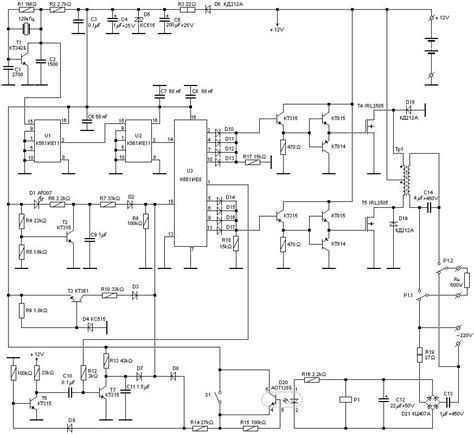 Read more: UPS Circuit: Everything You Need To Know and More
Read more: UPS Circuit: Everything You Need To Know and MoreWhat is a UPS Circuit? A UPS circuit is an electronic system that provides backup power to connected devices in case of a power failure or instability. It ensures that the connected load continues to receive power without any interruption, even if the main power source is lost. UPS circuits […]
-
 Read more: Why are Motherboards Green: The Secret Behind PCB Colors
Read more: Why are Motherboards Green: The Secret Behind PCB ColorsIntroduction to Motherboards and PCB Colors Motherboards are the backbone of every computer system, connecting all the essential components and enabling them to communicate with each other. One of the most distinctive features of motherboards is their vibrant green color. Have you ever wondered why motherboards are predominantly green? In […]
-
How To Make The Etching PCBs
Posted by
–
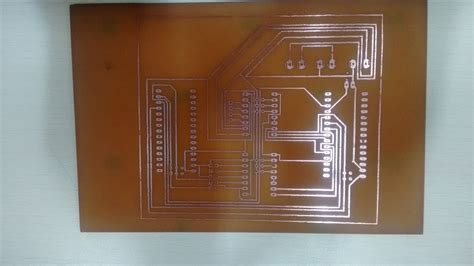 Read more: How To Make The Etching PCBs
Read more: How To Make The Etching PCBsWhat is PCB Etching? PCB etching is the process of creating custom printed circuit boards (PCBs) by selectively removing copper from a copper-clad board using a chemical etchant solution. This allows you to create the copper traces and pads that electrically connect components on the PCB. PCB etching is commonly […]
-
PCB Etching Machine And How to Make One
Posted by
–
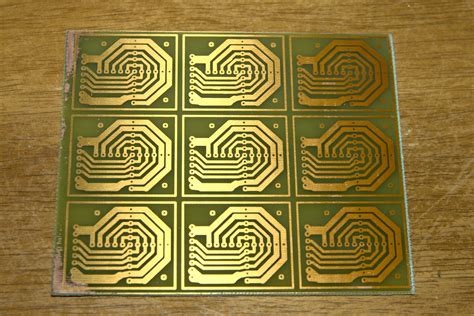 Read more: PCB Etching Machine And How to Make One
Read more: PCB Etching Machine And How to Make OneIntroduction to PCB Etching Printed Circuit Boards (PCBs) are essential components in modern electronics. They provide a reliable and efficient way to connect electronic components in a compact and organized manner. PCBs are used in a wide range of applications, from simple hobby projects to complex industrial systems. However, manufacturing […]
-
How to Repair Circuit Board
Posted by
–
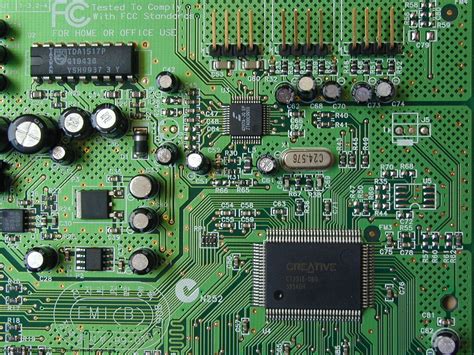 Read more: How to Repair Circuit Board
Read more: How to Repair Circuit BoardIntroduction to Circuit Board Repair Circuit boards are the backbone of modern electronic devices. They are responsible for connecting and controlling various components, ensuring the proper functioning of the device. However, like any other electronic component, circuit boards can malfunction or get damaged, leading to the need for repair. In […]
-
Flex PCB Assembly-How to Get a Wonderful PCB
Posted by
–
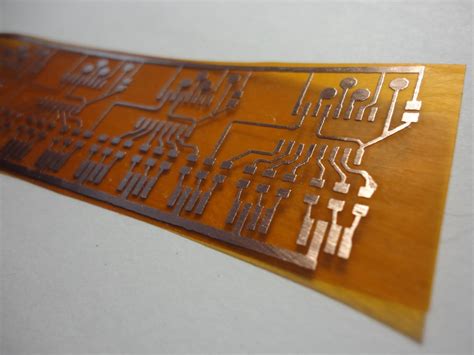 Read more: Flex PCB Assembly-How to Get a Wonderful PCB
Read more: Flex PCB Assembly-How to Get a Wonderful PCBIntroduction to Flex PCB Assembly Flexible printed circuit boards (Flex PCBs) have gained significant popularity in recent years due to their versatility and ability to conform to various shapes and sizes. Flex PCB assembly has become an essential process for many industries, including consumer electronics, medical devices, automotive, and aerospace. […]
-
Return Current Topologies in PCB Design
Posted by
–
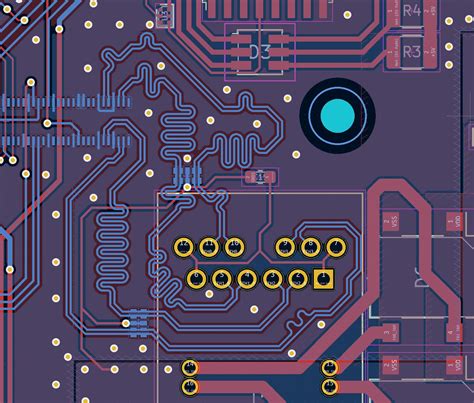 Read more: Return Current Topologies in PCB Design
Read more: Return Current Topologies in PCB DesignIntroduction to PCB Topologies Printed Circuit Board (PCB) design is a critical aspect of electronic product development. The layout and arrangement of components, traces, and planes on a PCB can significantly impact the performance, reliability, and electromagnetic compatibility (EMC) of the final product. One of the key considerations in PCB […]
-
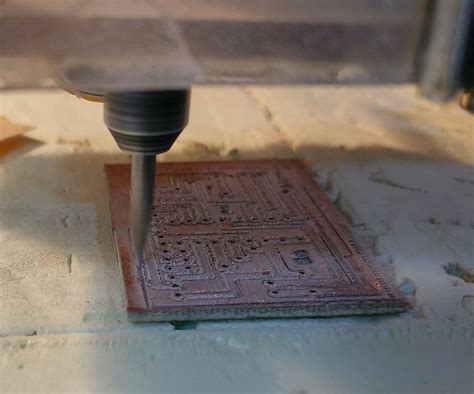 Read more: 9 Years of Experience Tell You That Big Trap of Cheap PCB
Read more: 9 Years of Experience Tell You That Big Trap of Cheap PCBIntroduction Printed Circuit Boards (PCBs) are the backbone of modern electronics. They are used in almost every electronic device, from smartphones to medical equipment. As the demand for electronic devices continues to grow, so does the demand for PCBs. However, with the increasing competition in the market, many manufacturers are […]




